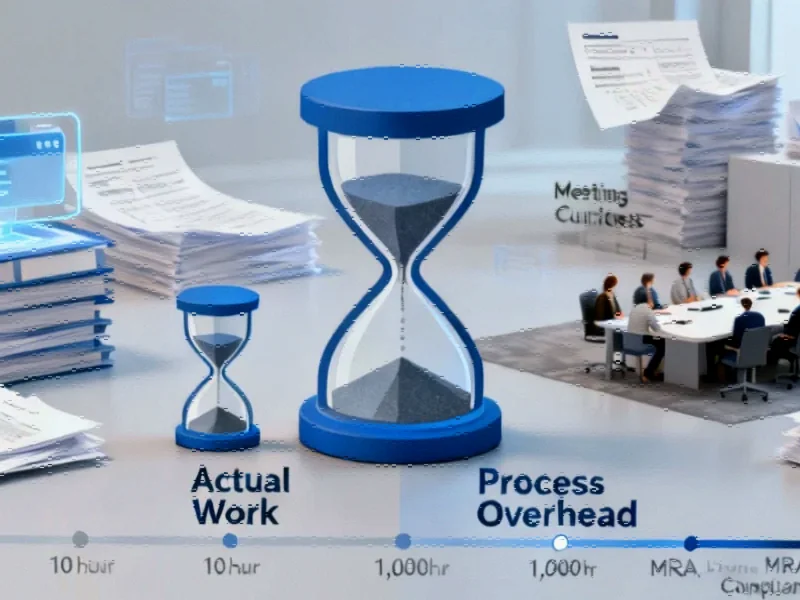According to Mashable, DoorDash and Instacart are launching emergency food assistance programs during the government shutdown that has left millions without SNAP benefits. DoorDash will waive delivery and service fees for grocery orders using SNAP benefit cards, covering an estimated 300,000 orders, while also pledging free delivery for over 300 food banks and pantries. Instacart is offering 50% discounts up to $50 for SNAP users and organizing food drives supporting 300 food banks across 48 states. The crisis affects approximately 42 million Americans who relied on SNAP benefits in 2024, with the program costing nearly $100 billion annually. President Trump recently stated he would continue withholding benefits until Democrats “open up government,” despite a federal judge directing the administration to use $4.65 billion in emergency funds. Meanwhile, the USDA told independent grocery stores they cannot offer discounted prices on SNAP-eligible groceries.
The Corporate Calculus
Look, let’s be real about what’s happening here. These companies aren’t just being charitable – they’re making strategic moves during a political crisis. DoorDash and Instacart both added SNAP payment processing in 2023, so they’ve already invested in this customer base. Now they’re essentially buying goodwill and market share while the government fails to function. It’s smart business, honestly. They get positive PR while potentially converting SNAP users into regular paying customers once benefits resume. But here’s the thing: these temporary measures barely scratch the surface of what 42 million people actually need. A few hundred thousand fee-free orders? That’s a drop in the bucket when we’re talking about millions of families wondering where their next meal is coming from.
The Messy Political Backdrop
So we’ve got President Trump playing hardball with food benefits while grocery stores are being told they can’t even offer discounts to help. The administration cancelled the 2025 Household Food Security Report, which means we’re flying blind on how bad this hunger crisis actually is. Feeding America estimates 20% of children are food insecure, but that number is probably climbing daily. And Trump’s Truth Social post calling the increased SNAP allocation a “corrupt decision” by Biden? That’s some serious political theater while real people go hungry. The federal judge ordering emergency funds was a rare moment of sanity, but then the administration comes back with this 50% payment nonsense. Basically, we’re watching a political standoff where vulnerable Americans are the bargaining chips.
Band-Aid on a Bullet Wound
Let’s talk scale for a minute. DoorDash’s announcement calls this “a food emergency unfolding in real time,” and they’re not wrong. But their solution – like Instacart’s Community Carts program – relies on the same overwhelmed food bank system that’s already stretched thin. Food banks were struggling before this shutdown, and now they’re facing what Feeding America calls unprecedented demand. These corporate programs are better than nothing, but they’re temporary fixes to a systemic failure. And let’s not forget that many SNAP recipients live in food deserts where delivery apps don’t even operate, or can’t afford the markup on grocery items compared to physical stores.
What Happens When the PR Fades?
The real question is what happens after the news cycle moves on. These corporate initiatives have expiration dates – one-time fee waivers, temporary discounts. But hunger doesn’t have an expiration date. We’re already seeing the consequences of this political gamesmanship, with NPR reporting that advocates warned 40 million Americans could be impacted, including 16 million children. The administration’s position seems to be that hunger is an acceptable bargaining chip, and that’s terrifying. Meanwhile, the USDA’s warning to grocery stores about discounts just adds insult to injury. Private companies stepping in during government failure sounds noble, but it shouldn’t be necessary in the first place. And it definitely shouldn’t be the long-term solution.




